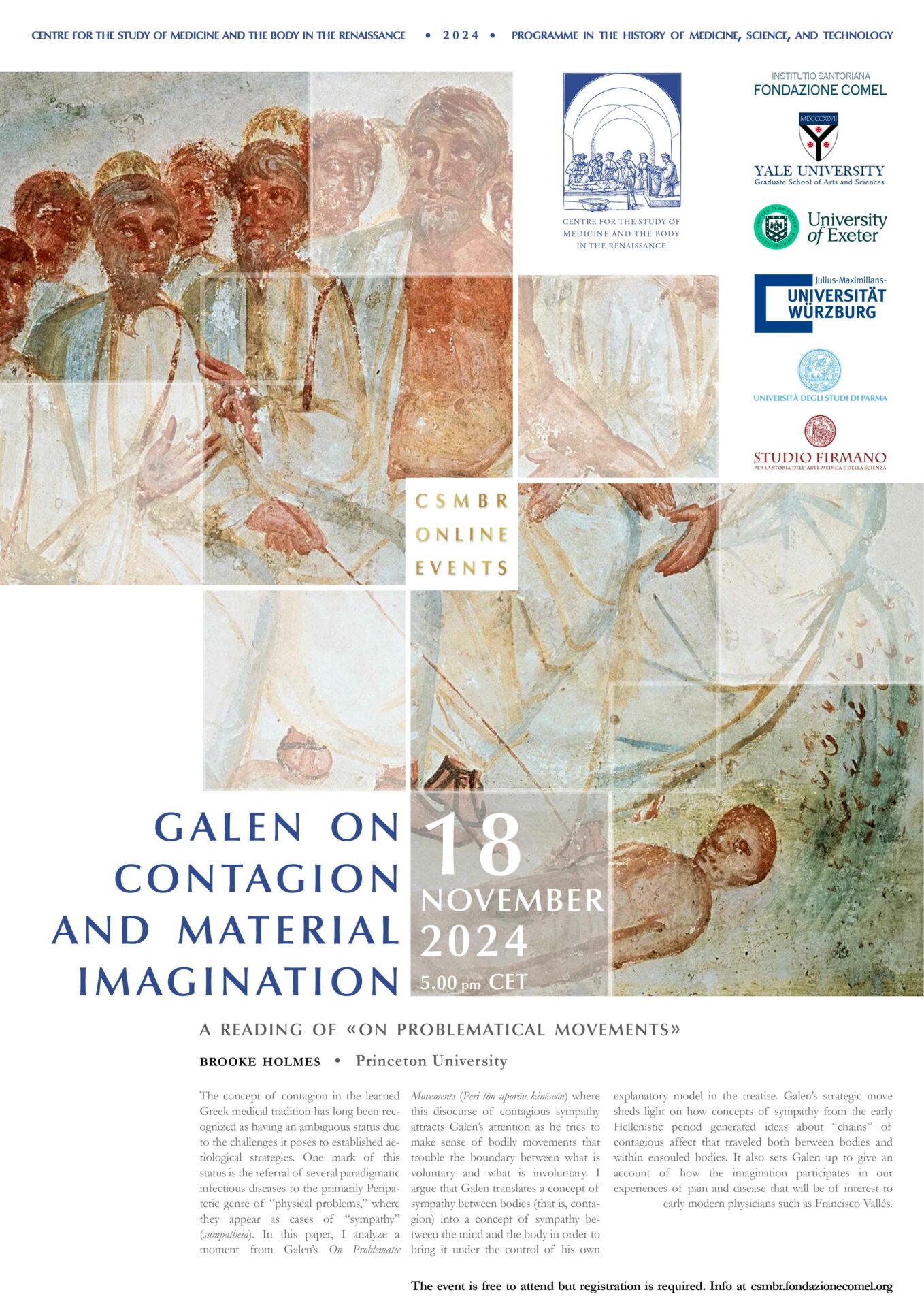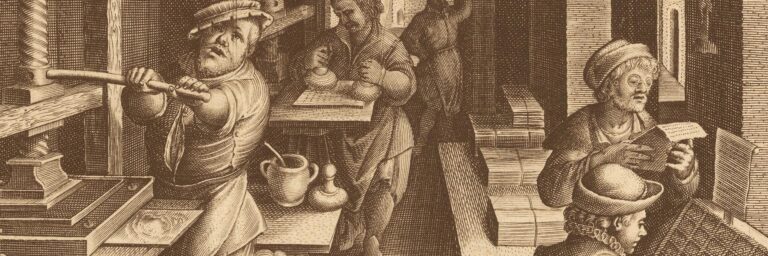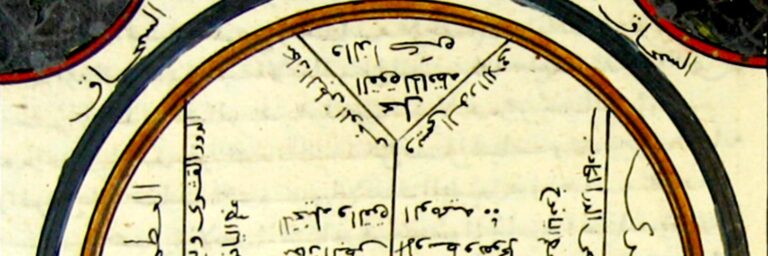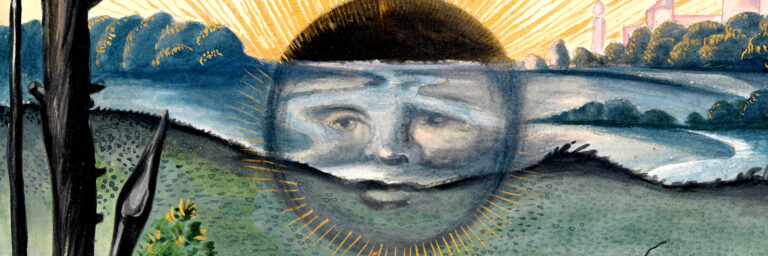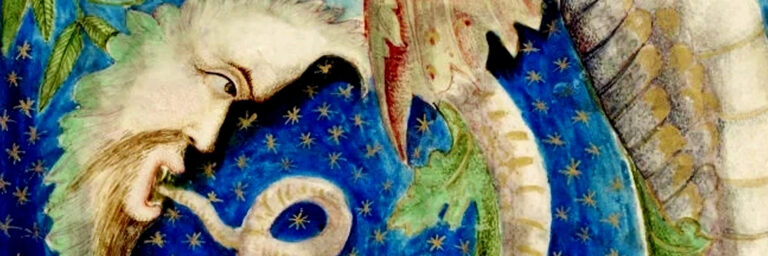Galen on Contagion and Material Imagination
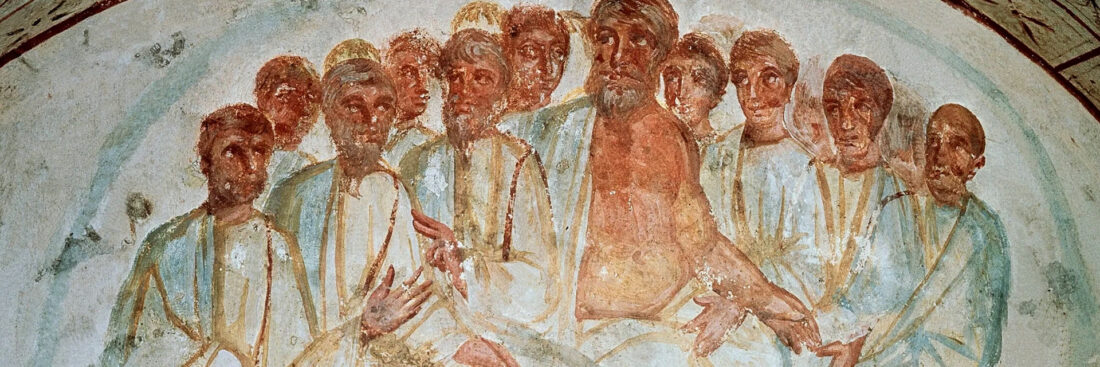
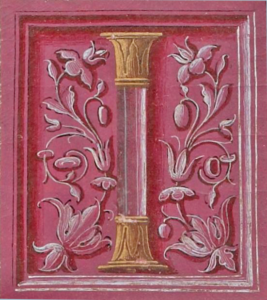
Galen on Contagion and Material Imagination
A Reading of
'On Problematical Movements'
Brooke Holmes
18 November 2024 – 5 PM (CET)
The concept of contagion in the learned Greek medical tradition has long been recognized as having an ambiguous status due to the challenges it poses to established aetiological strategies. One mark of this status is the referral of several paradigmatic infectious diseases to the primarily Peripatetic genre of “physical problems,” where they appear as cases of “sympathy” (sumpatheia).
In this paper, I analyze a moment from Galen’s On Problematic Movements (Peri tōn aporōn kinēseōn) where this discourse of contagious sympathy attracts Galen’s attention as he tries to make sense of bodily movements that trouble the boundary between what is voluntary and what is involuntary.
I argue that Galen translates a concept of sympathy between bodies (that is, contagion) into a concept of sympathy between the mind and the body in order to bring it under the control of his own explanatory model in the treatise.
Galen’s strategic move sheds light on how concepts of sympathy from the early Hellenistic period generated ideas about “chains” of contagious affect that traveled both between bodies and within ensouled bodies.
It also sets Galen up to give an account of how the imagination participates in our experiences of pain and disease that will be of interest to early modern physicians such as Francisco Valles.
About the Speaker ...
Brooke Holmes is Susan Dod Brown Professor of Classics at Princeton University.
Her research focuses on the history and philosophy of concepts, particularly those related to the physical body, nature, and life in ancient Greek and Roman texts. She explores the challenges these concepts pose for theorizing the subject and ethical and political agency. Additionally, she is interested in the reception of these ideas, especially in 20th and 21st-century continental philosophy, examining how communities interpret their connection to the Greco-Roman past. Her work aims to create new ways of relating that past to the present. She remains active in various interdisciplinary committees, including the Departments of Comparative Literature, Gender and Sexuality Studies, the University Center for Human Values, and the Program in the History of Science.



